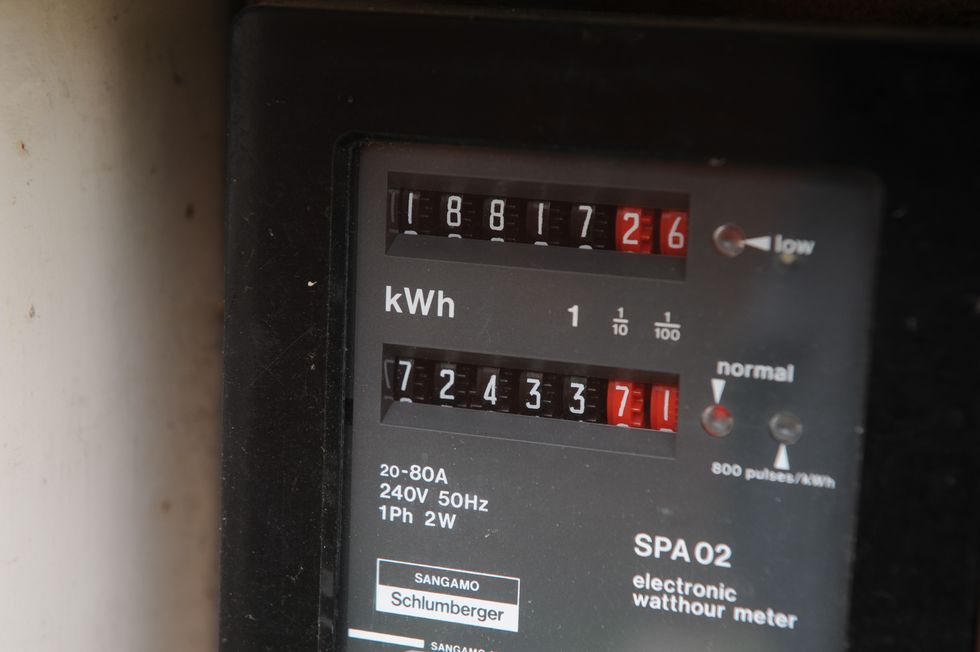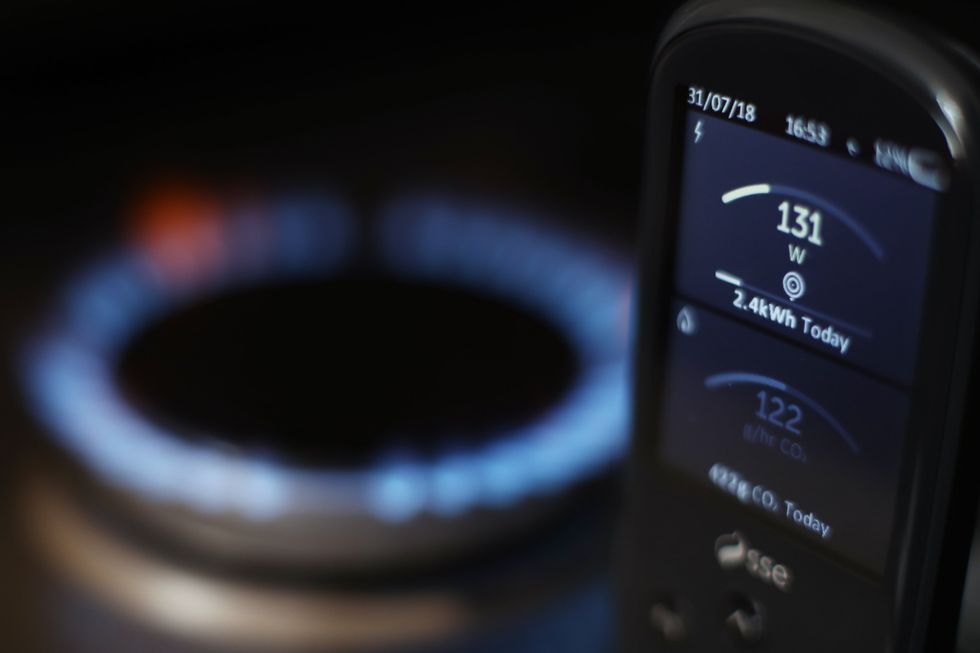
Ofgem will announce the new price cap next week and it will take effect on October 1
PA
Ofgem will announce the new price cap, which will come into force on October 1, next Friday
Don't Miss
Most Read
Trending on GB News
Ofgem’s price cap, which determines what millions of people pay for their energy bills, is expected to fall to the lowest level since March 2022, experts have predicted.
The cap will drop by seven per cent to £1,925, based on typical use, according to the latest forecast from analysts at Cornwall Insight.
However, Kate Mulvaney, senior consultant at Cornwall Insight, said that while wholesale energy prices had been falling, the drop in bills from October will probably be slightly less than what billpayers had hoped for.
She told the BBC's Today programme: "Unfortunately... our forecasting to the end of this decade is that prices are going to stay higher than people were used to before the energy price crisis."

The October Ofgem price cap is forecast to fall
PA
The price cap governs how much an energy supplier can charge per kilowatt hour, or unit, of gas or electricity it sells.
It means people who use more energy may end up paying more than the price cap, while those who use less will pay less.
Ofgem has changed its calculations for the October price cap because it expects people to use less energy, and taking these new expectations into account, the cap will likely be at £1,823, Cornwall Insight said.
The energy price cap has been set at £2,074 a year for a typical household on a duel fuel tariff, paying direct debit, since July 1 this year.
The price cap, which is updated quarterly, was £3,280 a year from April 1 and £4,279 from January 1.
However, billpayers were protected under the government’s Energy Price Guarantee, which kept prices at £2,500 a year for households with a “typical” amount of energy use and paying by direct debit.
Dr Craig Lowrey, Principal Consultant at Cornwall Insight said: “While a small decrease in October’s bills is to be welcomed, we once again see energy price forecasts far above pre-crisis levels, underscoring the limitations of the price cap as a tool for supporting households with their energy bills."
Dr Lowrey highlighted the need for the government to look at forms of extra support for consumers struggling with the costs, such as social tariffs.
LATEST DEVELOPMENTS:

The energy price cap has been set at £2,074 a year for a typical household on a duel fuel tariff, paying direct debit, since July 1 this year
PA
He said: "As many, including energy regulator Ofgem have acknowledged, it is essential that the government explore alternative solutions, such as social tariffs, to ensure stability and affordability for consumers.
“This slow reduction in bills, coupled with the volatility associated with the price cap, has seen many consumers taking advantage of the return of fixed price tariffs.
"Such an option is a two-sided coin, while many find comfort in locking in energy prices after the turbulent bills of the past couple of years, the potential for the price cap to dip below fixed rates is also worthy of consideration.
"With so many unknowns in the energy market, each household must decide for themselves what is the best avenue for them."








